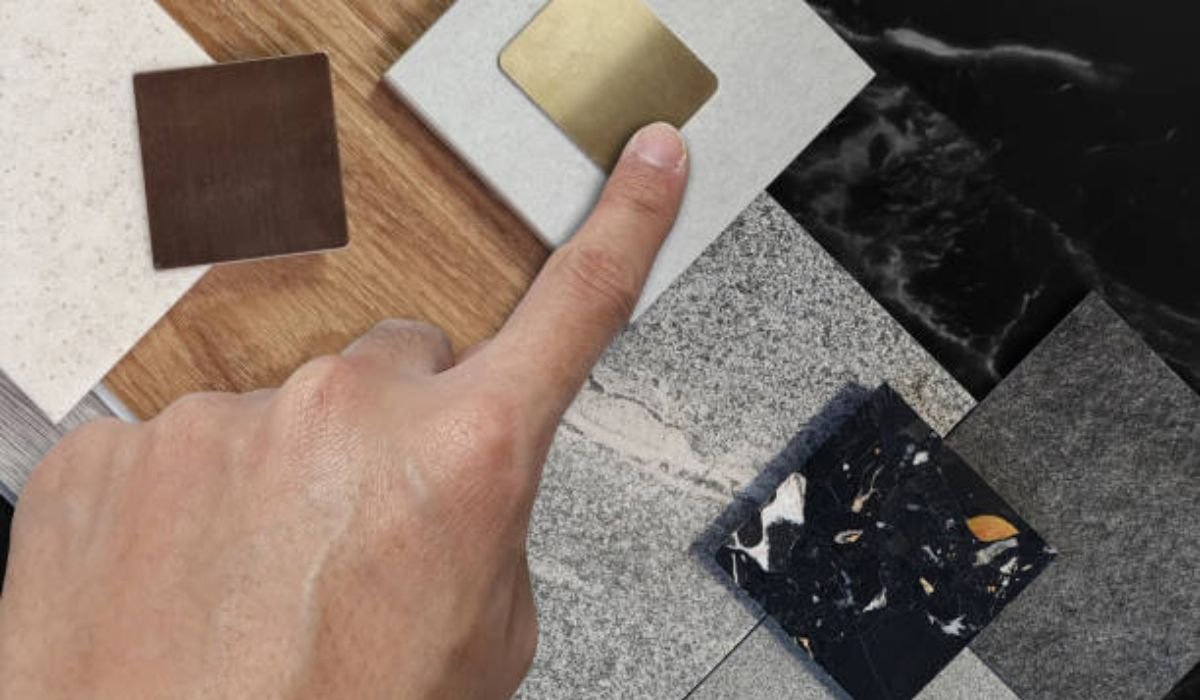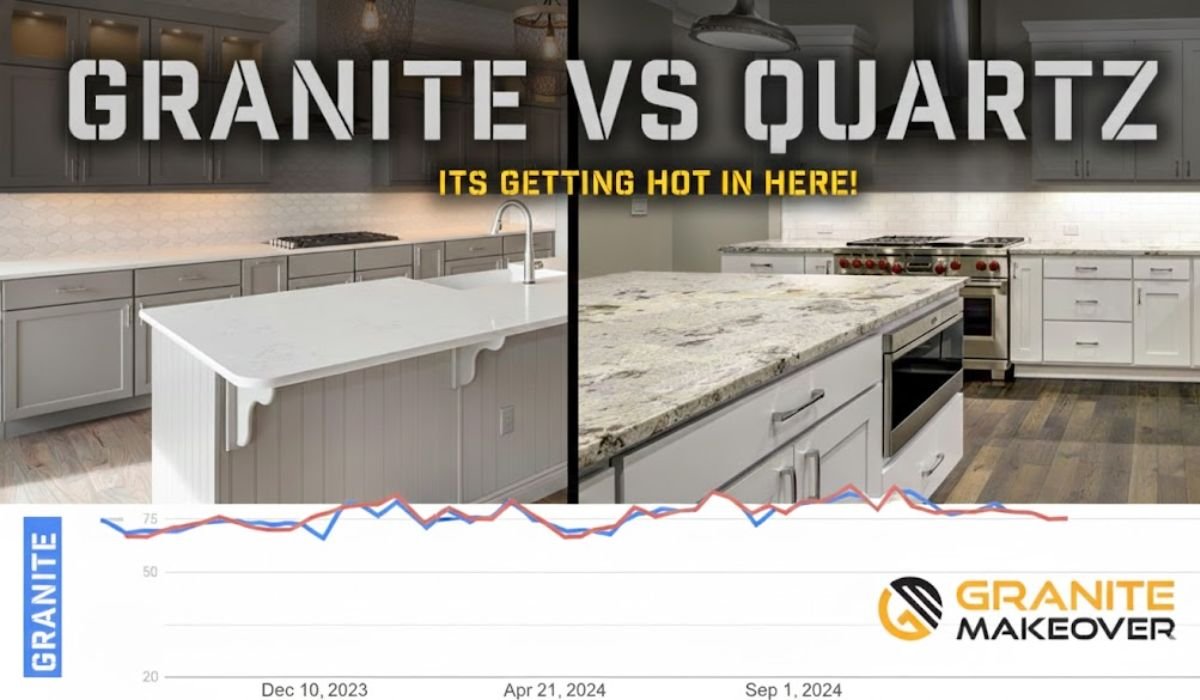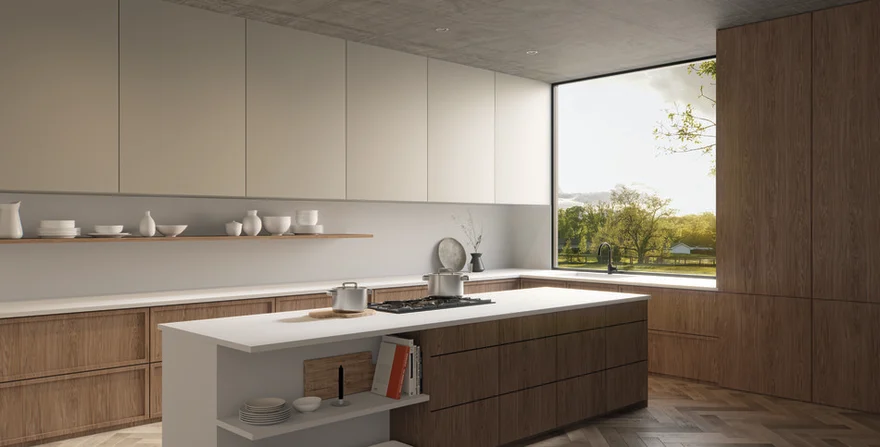Introduction:
The debate Quartz worktops has been a cornerstone of kitchen design conversations for years. Both are premium materials that offer beauty and durability, but they are fundamentally different in composition, performance, and care. Choosing between them is not a matter of declaring one universally “better,” but rather of identifying which material’s specific properties best align with your lifestyle, design preferences, and practical needs. This article moves beyond surface-level comparisons to provide a technical deep dive, examining the key battlegrounds of composition, porosity, durability, heat resistance, and aesthetics to equip you with the knowledge needed to make the perfect choice for your home.
Composition and Porosity: The Fundamental Difference
The core distinction lies in their origin and structure. Granite is a 100% natural igneous rock, formed by the cooling of magma, and is mined directly from quarries in large, unique slabs. Its beauty is organic, but it is also porous, meaning it can absorb liquids if not properly sealed. Quartz, on the other hand, is an engineered product composed of about 90-95% ground natural quartz crystals blended with polymer resins and pigments. This manufacturing process, specifically the vibro-compaction under a vacuum, results in a non-porous material. This fundamental difference dictates their maintenance needs; granite requires periodic sealing to maintain its stain resistance, while quartz is inherently sealed for life, offering a clear advantage in terms of long-term upkeep and hygiene.
The Battle of Durability: Scratch, Stain, and Heat Resistance
When it comes to hardness, both materials are excellent, but they have different strengths and vulnerabilities. On the Mohs scale of mineral hardness, natural quartz crystals are harder than the minerals found in granite, making the engineered quartz surface very resistant to scratching. However, the resins in quartz can be vulnerable to very high heat; placing a hot pan directly on the surface can cause thermal shock, potentially leading to discolouration or cracking. Granite, being a natural stone, generally boasts superior heat resistance. In terms of staining, a properly sealed granite is highly resistant, but if the sealant wears off, it can be susceptible. Quartz, being non-porous, offers guaranteed, permanent stain resistance against common household items, making it the more worry-free option in this category.
READ ALSO: Sustainable Elegance: Why Porcelain Worktops Are the Eco-Friendly Choice
Aesthetic Appeal: Unique Nature vs. Design Consistency
The choice between quartz and granite often comes down to a philosophical preference in aesthetics. Granite offers a one-of-a-kind, dramatic beauty. Each slab is a unique work of art from nature, with complex patterns, crystal formations, and colour variations that cannot be replicated. For many, this uniqueness is the primary appeal. Quartz offers consistency and a expansive colour palette. It can provide the look of marble, concrete, or even terrazzo with remarkable uniformity, which is a huge advantage for large projects or when trying to match a specific design vision across multiple slabs. If you desire a predictable pattern and specific colour for a cohesive look, quartz is the winner. If you prize a singular, natural masterpiece with its own history, granite is unparalleled.
YOU MAY ALSO LIKE: MSI Quartz vs Varadara: Which is Best for Your Home?











